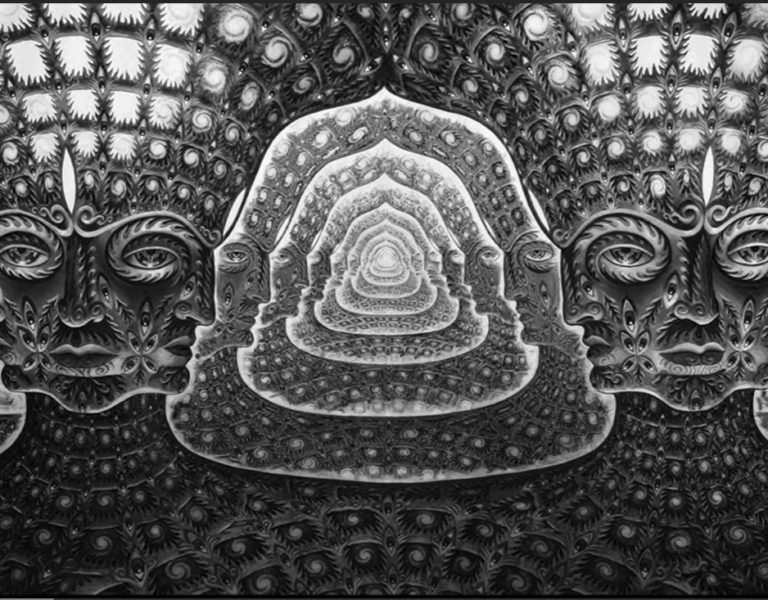The Invited Philosophers Rob & Lucmar Menu Indian Dinner to fit the theme of the evening, with a diary-free and gluten free twist: Chicken Vindaloo, Malabari Shrimp Curry, Aloo Gobi, Baingan Bharta Dessert: Ghirardelli Dark Chocolate Drinks: Joel Gott 2018 Cabernet Sauvignon The Philosophy Yoga is both a path and a destination, the destination being Samadhi, the union of the ‘limited’ consciousness, our ego, or little self, with the ‘limitless’ universal consciousness, the big Self. The Bhagavad Gita (I recommend this translation by Eknath Easwaran), a classic Hindu spiritual text composed about
200 BCE, explores four paths of yoga: Raja yoga (yoga of meditation), Jnana yoga (knowledge or self-study), Bhakti yoga (devotion, recognition of the Divine in everything) and Karma yoga (action, selfless service towards others), towards spiritual liberation and self-realization or “enlightenment”. Hatha Yoga is the yoga we know best, yoga as an exercise, and it can include some of the other yogas, especially Raja Yoga, but it is not mentioned in the Bhagavad Gita. The Summary Bhagavad Gita is a 700-verse Hindu scripture with philosophies about the meaning and purpose of life. Although it takes place…
Read More ›


